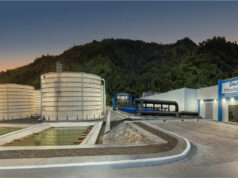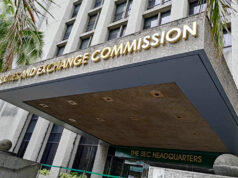Nestlé ramps up efforts to address climate change
NESTLÉ Philippines, Inc. is stepping up its efforts to address climate change, citing initiatives in cutting greenhouse gas (GHG) emissions and promoting regenerative agriculture to achieve its net zero target not later than 2050, its top executive said on Thursday.
“We are accelerating our efforts to address climate change in the country. For the next five years, we have set the course towards net-zero with incremental efficiency improvements, investing in regenerative agriculture, manufacturing and packaging, to name a few,” Nestlé Philippines Chairman and Chief Executive Officer Kais Marzouki said in his keynote speech during BusinessWorld Virtual Economic Forum 2021: Special Edition.
 He said that the firm has lowered GHG emissions in its factories by 40% since 2010, translating to a reduction in greenhouse gases emitted by 23,000 cars per year.
He said that the firm has lowered GHG emissions in its factories by 40% since 2010, translating to a reduction in greenhouse gases emitted by 23,000 cars per year.
Mr. Marzouki said a number of the company’s operations, including three Luzon factories and its Makati office, are now fully running on renewable energy.
He also talked about how Nestlé’s coffee brand Nescafé, which uses Robusta coffee beans in its products, practiced local sourcing.
“As the biggest buyer of coffee produce in the country, we prefer to source our raw materials locally… By doing so, we support our farmers while we promote the planting of more crops which absorb GHG emissions and reduce carbon in the atmosphere that benefit and support the local green economy,” the Nestlé official said.
Nestlé has partnered up with Mindanao-based Robusta coffee farmers who are learning about regenerative agriculture and sustainable coffee production.
The firm earlier said that it expects its Nescafé brand to fully source its coffee through responsible means by tracing it back to an identified farmer group and verifying the product with independent groups.
Earlier this month, the company said that it was working towards its net zero emissions target by reducing virgin plastics consumption by a third and cutting GHG emissions in local operations by 30% by 2025, among others. — Angelica Y. Yang



